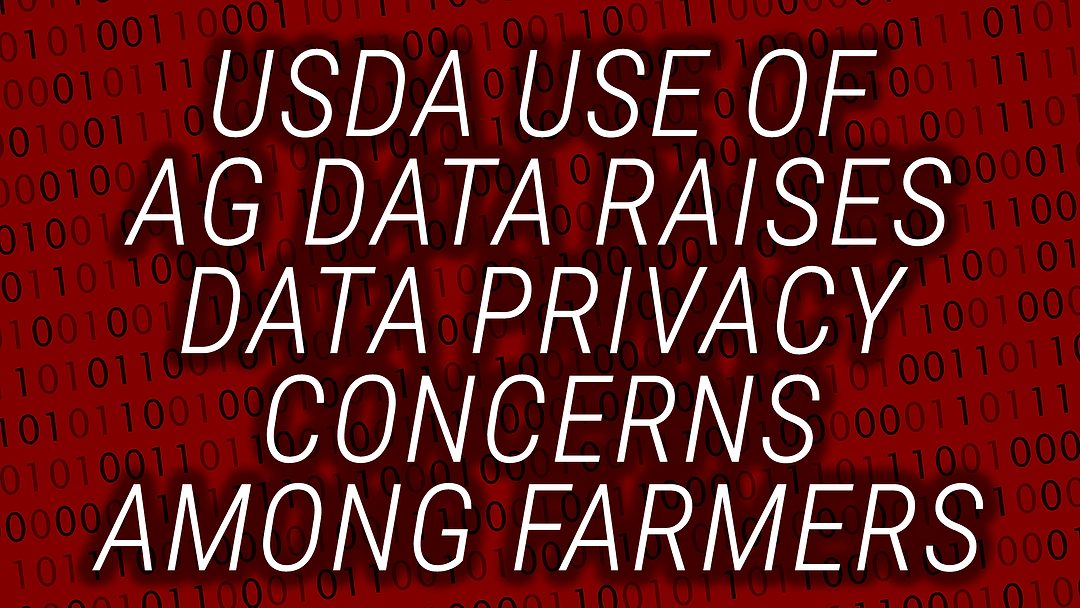The USDA, other U.S. government agencies and private companies use ag data to measure the impact of initiatives aimed at sequestering carbon. In 2022, the USDA announced a $3.1 billion program aimed at funding climate-smart commodity projects through collecting data, but a recent survey found that 58% of farmers do not trust government offices with their data. Agricultural attorney Todd Janzen says that the USDA cannot disclose specific information provided by producers or owners of agricultural land.
“The U.S. code actually has a provision that says how USDA can share data with others. And so this is built into law. So I do think it is very enforceable, but if you share data with USDA, USDA cannot go sharing that data with others. They can't even share it with Purdue University to do research projects unless they take certain steps to strip out any reference to who the actual farmers were.”
“So they can't condition your participation in climate smart commodities by saying, "Well, if you do that, then we get to share the data with whoever we want." So there is a good statutory protection there for you. And historically too, and when I've looked for case law, there really aren't cases out there where you find USDA has violated this. So I think USDA actually has a pretty good track record of following the law as far as not disclosing farmer data outside of the statutory protections.”

Janzen says these are the three exceptions to the ag data protections, and he recommends that farmers go over program contracts before agreeing to share their data.
For more information on how the USDA uses ag data, we included a link in the article for this story on PrecisionFarmingDealer.com.



![[Technology Corner] Discussing AI’s Potential Impact on Service & Support](https://www.precisionfarmingdealer.com/ext/resources/2025/04/11/Discussing-AIs-Potential-Impact-on-Service--Support.png?height=290&t=1744385717&width=400)


